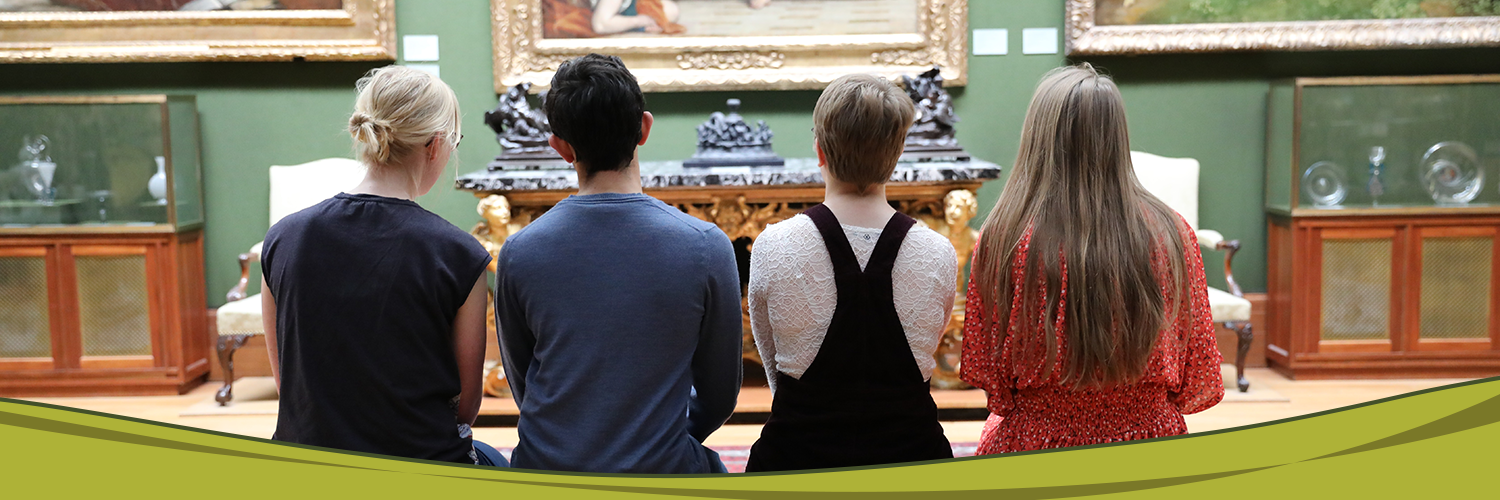Keywords: History, Literature, Comic Books, Autism, Living Health, Mental Health, Wellbeing, Virtual Reality, AI, Law, Medicine, Life Sciences, Intellectual Property, Identity, Platform Labour, Digital Societies, Media, Public Health, Population Knowledge, Individual Knowledge, Expertise, Trust, Science Communication, Professional Learning, Augmented Reality Simulations
Summary of plan
The group considered in detail the potential benefits of initiating a research group under the proposed theme and there were suggestions of looking at ‘Skills’ and various modes of technology. In conclusion, it was agreed that at this stage it was not obvious how the theme provide an avenue of engagement that was significantly different from what was already available through existing networks such as CRASSH, CDH, CFI and other university-wide AI initiatives.
| Suggested focus and ambitions of theme |
The group though that the title was broad, multidisciplinary and open to interpretation, which was also reflected in the range of research areas of those attending the session. his was considered a positive, but that it also had its limitations for pulling together a cohesive focus for the theme. The group was very clear on not wanting to duplicate existing initiatives. Concern was also raised on the use of the phrase ‘human development’ as in some disciplines this reduces the theme’s ambiguity because it has particular resonances within their field of research (e.g., UNDP human development goals). Further conversation on definitions of learning and development raised similar concerns, but was concluded that the theme did not take an either/or approach, there was scope within to examine both the negative and positive connotations associated with multiple meanings/interpretations.
Possible sub-themes It was suggested that the theme might be reframed as ‘Technology, Knowledge and Human Experience’ with subsets of different kinds of technology, including digital technology, and Human Development that included environmental knowledge, health and wellbeing.
Digital Technologies This was the dominant focus for the technology aspect of the theme, including:
Existing Technologies The use of technology in the theme title opens up a multitude of meanings, even if digital technology is the dominant focus.
Critical Analysis of Technology The group also suggested that critical discussions around technology could be another avenue for the theme to distinguish itself from existing research groups.
Skills The group found that the idea of skills was a very interesting and useful way of approaching the intersection of knowledge, technology and human development/experience. Another possible route to distinguish this theme from existing research groups.
|
| Benefits for collaboration under umbrella of theme |
Setting out a Research Framework for research priorities has been quite broad in order to be inclusive. The flexibility of funding across the themes would mean roughly £10k a year/per theme. There are certainly more people in the School doing work that would be under this rubric and their input might help identify useful ways of using this available funding. |



